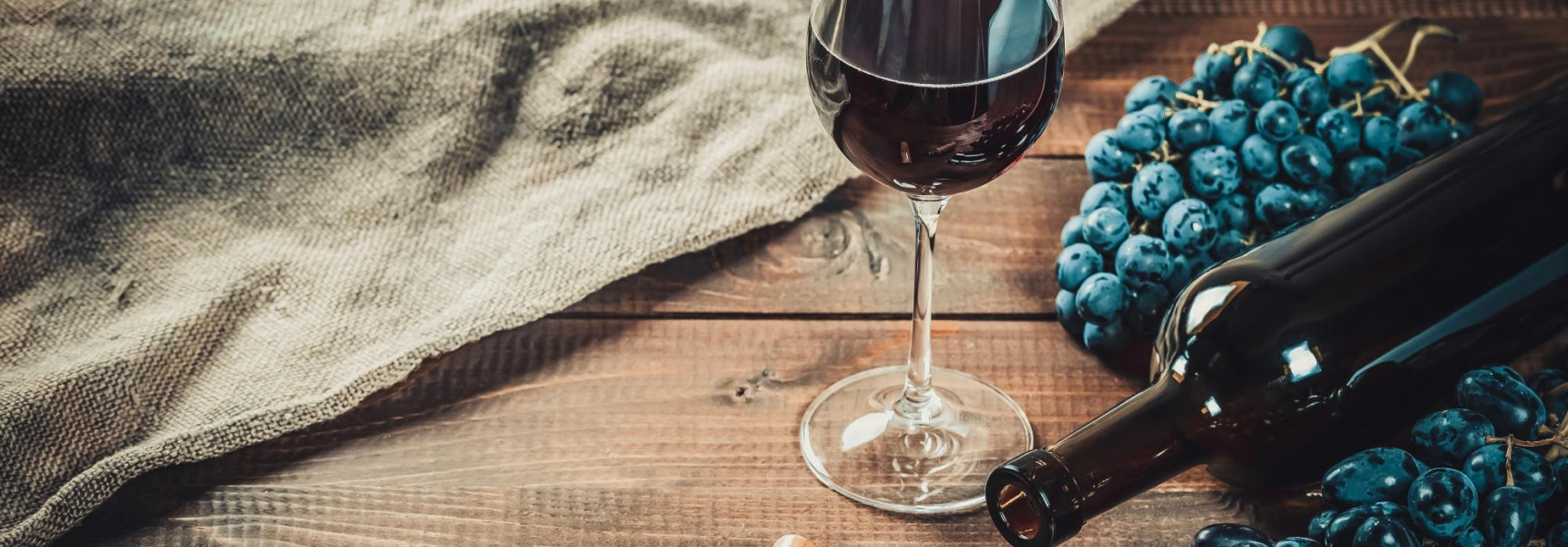Wine Tours
Bordeaux
Published: 10 Mar 2023
Are you planning a tour of the Bordeaux region in France? If so, then you'll want to take some time and learn about the wine-making process here. The area is well-known for producing high-quality wines that have been served for centuries at tables all over the world.
In our blog post today, we'll explore what makes these wines unique and how they are produced. As well as offer tips on how to get the most out of your Bordeaux experience while touring the regional wineries and vineyards.

Wine-Making in Bordeaux
Starting from the early origins of local wine-making to how to go about booking your wine tours in Bordeaux, we're here to help. Book a wine tour in Bordeaux online today or contact us for more information on the current experiences available.
The Beginnings of Bordeaux Wine Making
The history of winemaking in Bordeaux is a long and rich one that dates back to the time of the Roman Empire. This region has developed an incredibly unique and sophisticated approach to oenology which has allowed them to produce some of France's most amazing wines over the past few centuries.
Ancient vintners established distinct soil and climatic climates that still today remain vital in producing the exquisite blends they are known for. For example, left-bank regions produce elegant tannins while right-bank areas boast powerful body as well as vibrant fruity aromas. These conditions coupled with experienced french viticulture have enabled Bordeaux’s wines to be elevated to some of the world’s finest.
Types of Grapes Used for Wine Making in Bordeaux
Bordeaux is a world-famous region in France known for its remarkable wines, and the grapes that go into it play a fundamental role. While there are exceptions, most wines are made with one of four varieties: Cabernet Sauvignon, Merlot, Cabernet Franc, and Petit Verdot. These four grapes are considered to be the key factors behind what gives Bordeaux’s famous red wines their complexity and flavour profiles. Each grape variety brings something special with them to create subtle nuances that can take years to fully understand and appreciate. With this combination of unique flavours from each grape variety, it should come as no surprise that Bordeaux’s fine wines have captivated wine enthusiasts for generations.

The Fermentation Process Explained
Fermentation is an integral part of many different food and drink-making processes, but it can be difficult to understand. It is essentially a type of bio-chemical transformation, where microbes interact with raw ingredients to create enzymes and other compounds which can add flavours, aromas, textures and even health benefits to the end product! The actual process depends on the source material being used as well as what the outcome should be.
Generally speaking, the fermentation process takes place in an oxygen-free environment that helps promote healthy bacteria while suppressing contamination from aerobic microorganisms. Temperature plays a major role in successful fermentation, as does pH balance and nutrient availability. All these factors need to be taken into consideration so that desirable results are achieved for whatever type of fermentation you are involved in - beer making, wine production, bread baking or brewing tea - just to name a few!
Ageing and Blending the Wine
Ageing and blending wines is an art form that has been in practice for centuries. Over the years, experts have perfected the best ways to age and blend grape varieties, yeast strains, and ageing vessels to produce delicious flavours that can only be achieved with ageing. While it may require time and patience, expertly crafted wines from these processes often result in bold, full-bodied flavours that are well worth the wait. The skill of blending and ageing wine is an impressive accomplishment. When done properly, it can result in a beautiful balance between aromas and tannins that truly elevate a wine’s profile.

Tips for Enjoying Fine Bordeaux Wines
Bordeaux wines are some of the most celebrated and sought-after varieties in the world for good reason. To fully experience their nuanced complexities, there are a few tips to consider. First, properly storing Bordeaux wines is essential. These can last anywhere between five to 25 years when stored in cooler temperatures of no more than 12-15 degrees Celsius with sufficient humidity levels. Next, pour into room temperature glasses as any sudden change in temperature should be avoided to not distract from its aroma and flavour. Finally, take time to appreciate each sip and don't rush - let their unique blends paint a picture on your palate; linger and explore.
To get the most out of your experience, it’s best to start with some wine knowledge. Read up on the different types of Bordeaux wines available - like Cabernet Sauvignon or Merlot - and their characteristics - such as body, sweetness, and aroma. Knowing this information can help you select a wine suited to your taste. Then pour yourself a glass and pay attention to its aroma, colour, and flavour as you slowly sip and savour. Experience an even deeper level of enjoyment by deciphering the details on the label and learning about its history of origin.
The process of creating Bordeaux wines is a rich and complicated history involving grapes, fermentation, ageing, blending, and labelling. This centuries-old craftsmanship has resulted in exquisite wines with unparalleled character. From using top-quality grape varieties to the meticulous process involved to produce the final product, Bordeaux wines are known for their sophistication.
Wine Tours in Bordeaux with tabl.
From wine tours in Bordeaux to exploring the renowned labels and tasting them for yourself, it can be an enlightening experience to discover what makes each bottle a work of art. After all, there's a reason this stunning area of France has stood the test of time - so why not give it a try and book a wine tour in Bordeaux today?
Keep Exploring
Find more amazing tabl. experiences to visit.
